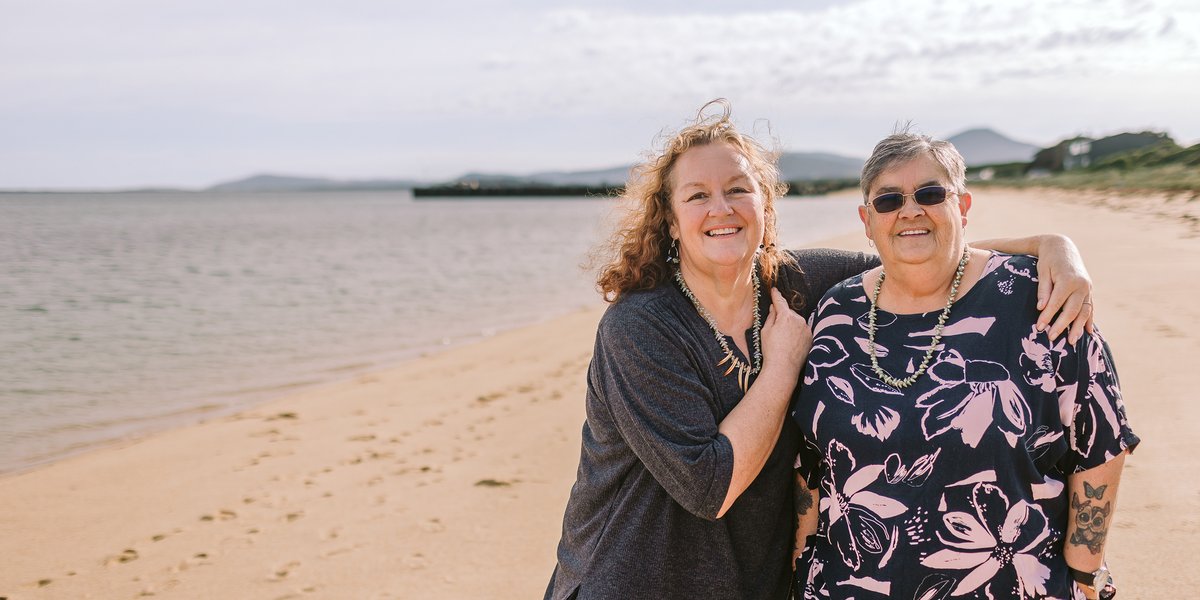Bianca Templar
"When I was nine, I had this social worker. It blew my mind. This woman, who had no reason to care for me, showed me love. I remember her like it was yesterday. I became a social worker because of her. She changed the entire direction of my life."
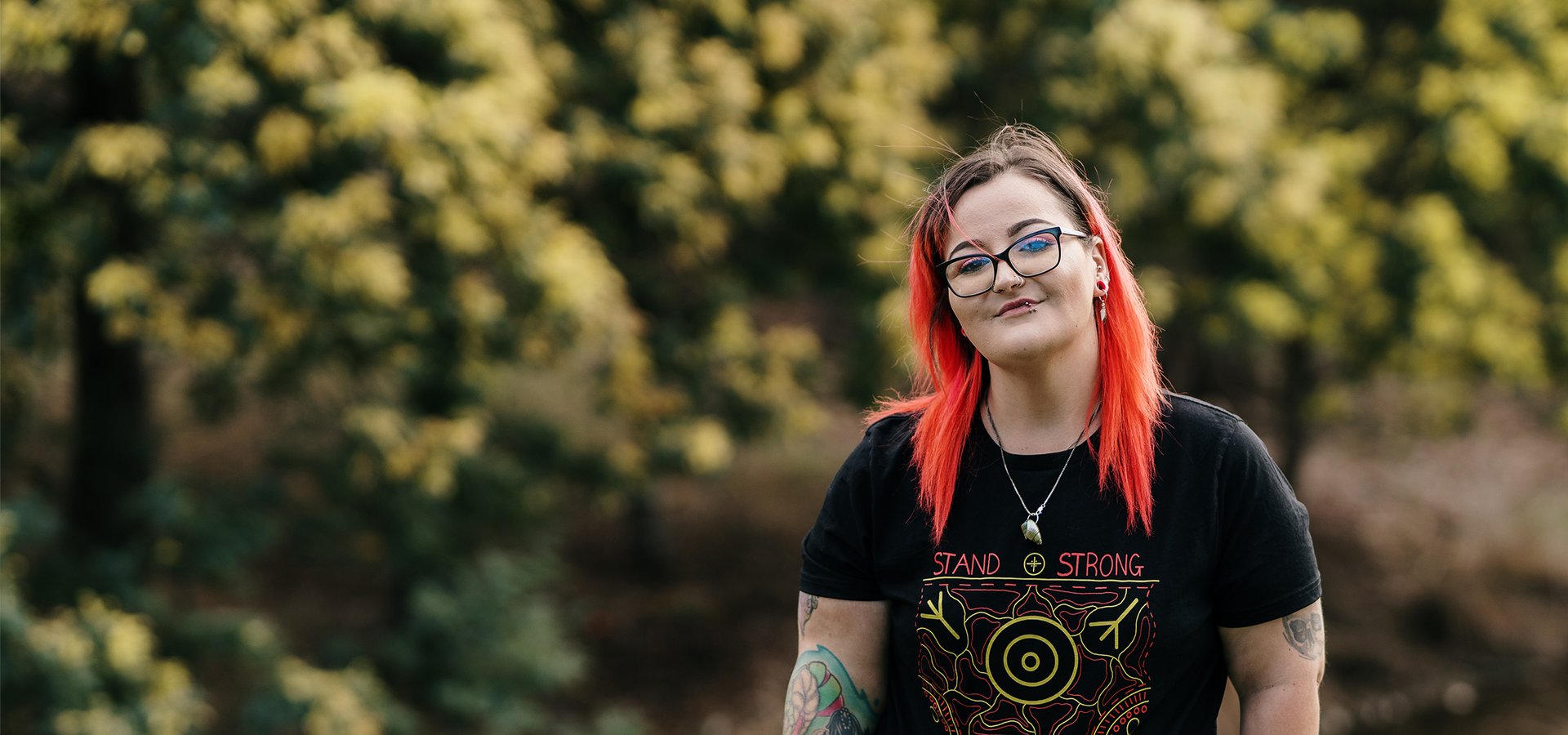
"I started making dolls because of my goddaughter. I wanted a doll that she could look at and go, ‘That’s me.’ Now, childcare centres use the dolls to start introducing Culture. They are something to be treasured because they’re a reflection of who we are."
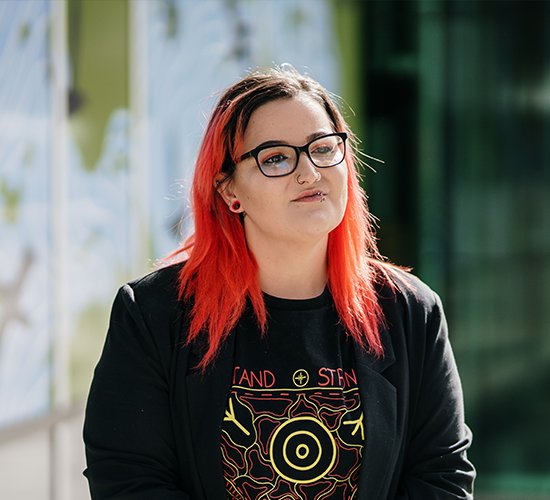
This Tasmanian story first appeared on Little Tasmanian.
“I often went to my nan’s house after school.
One day, she was up there sitting at the table. She had this little jar of — it looked like pink grains of rice. She’s there with a needle, threading these grains of rice. Being a curious child, I asked, ‘What are you doing?’ She said, ‘These are shells. I’m making a shell necklace,’ and I asked, ‘Why?’ ‘Because we’ve been doing it for thousands and thousands of years, Bianca.’
She said they collected maireener shells and cooked them on the fire. When they cleared the ash off, it would shine all the shells up. They started wearing them as adornment. She told me about our great grandfather and showed me a photo of Truganini with her shell necklaces. She said, ‘They wore them close to the neck, so they weren’t swinging around when they went diving for abalone. They never had to take them off; you just keep adding to it.’ I kept saying to her, ‘Can you show me how to do it?’ ‘When you get older. I’ll show you how when you get older.’
I’ve lived in Launceston my whole life; I love it here. My dad grew up down in Burnie. He was not raised by his biological mother; he was removed and sent to his grandmother from his white father’s side. Dad had always been told, ‘You were never taken. You have no right to be upset about being removed from your culture and community, about having your skin scrubbed to take the blackness out of it, because you were with family.’ He was physically abused and made to believe it was wrong to be Aboriginal.
I remember being told, ‘Be careful who you tell you’re Aboriginal, in case welfare comes to take you. But be proud of who you are.’
So, Dad had a very hard upbringing, which meant that, although he loved his children, he struggled to show affection. He was often very tough, and my parents argued. They kept me fed and clothed and took us away to do things, but there wasn’t hugging. There wasn’t, ‘I love you.’"
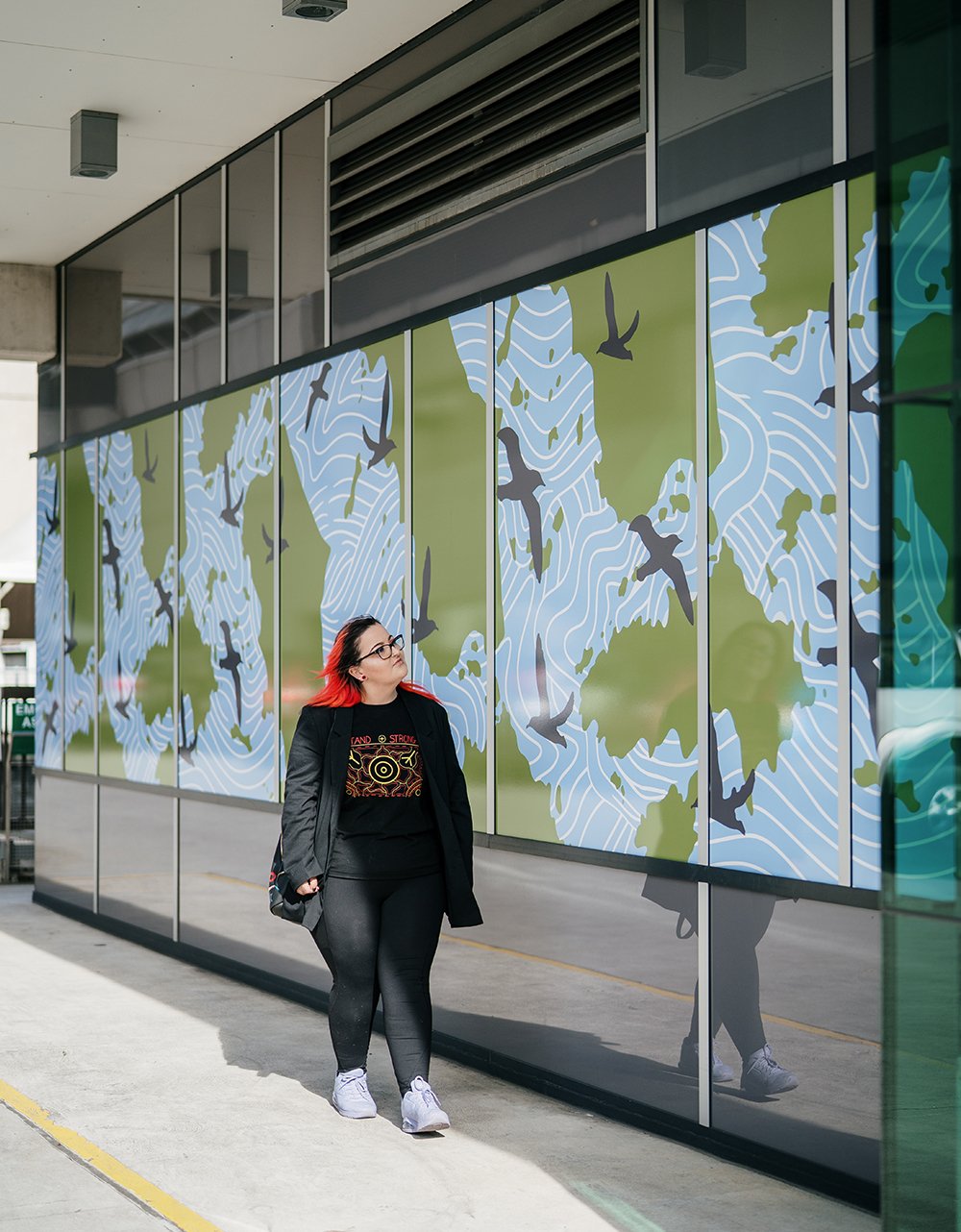
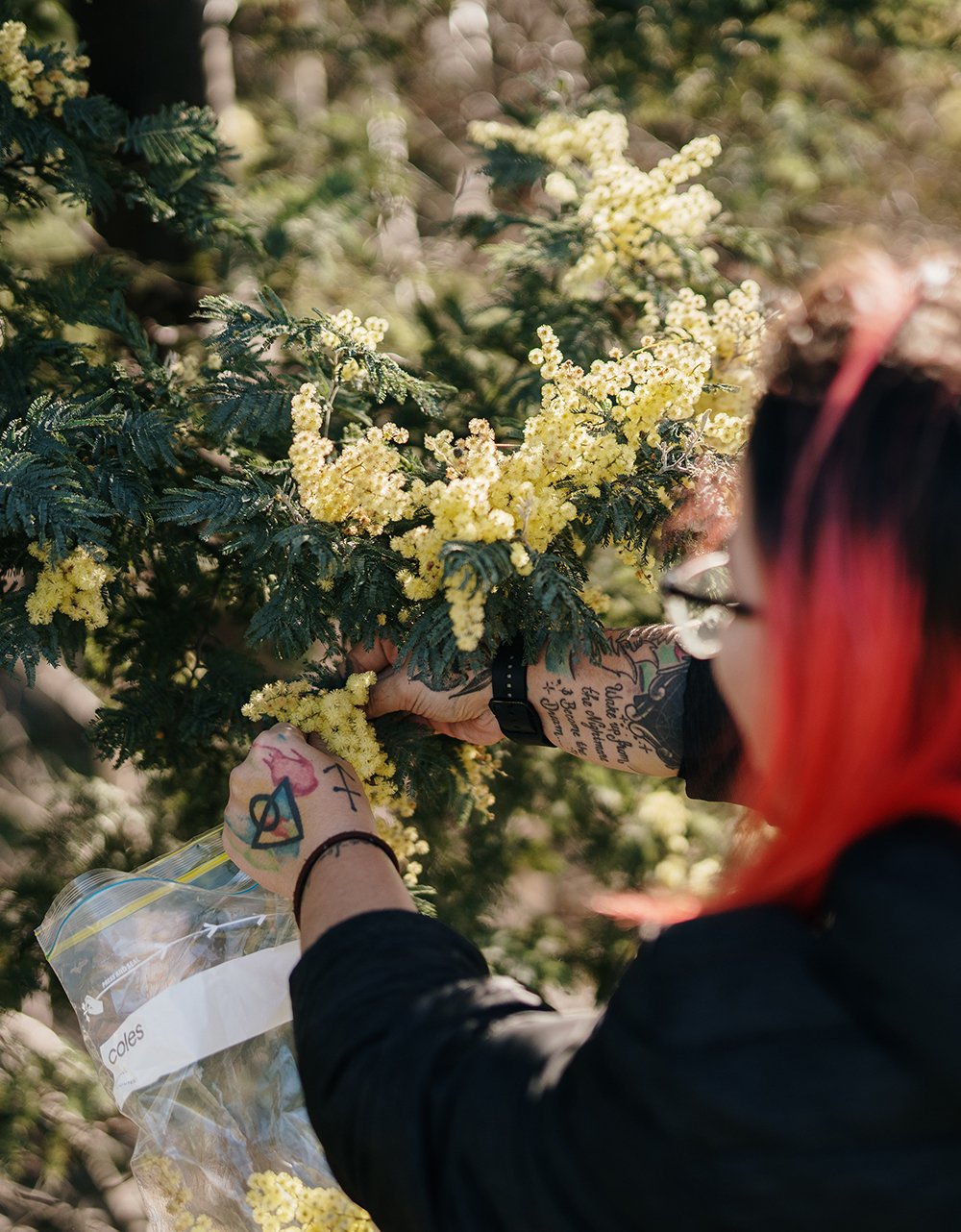
"When I was nine, I had this social worker. It blew my mind. This woman, who had no reason to care for me, showed me love. She gave me a birthday present, a necklace — this was back when you could do things like that. I’ve still got it. She said, ‘I wanted to give you something as beautiful as you are.’ I had her for 12 months and never saw her again. I remember her like it was yesterday. I became a social worker because of her. She changed the entire direction of my life.
When I was 14, my humanities teacher said, ‘Captain Cook discovered Australia. Tasmanian Aboriginal people died out. Truganini was the last one.’ I was like, ‘I’m a Tasmanian Aboriginal. Nan told me we’ve been here forever.’ He said, ‘No, you’re not. They’re all dead, and look at you, you’re white.’ My friend since kindergarten turned to me and said, ‘You’re a liar. You’ve always told me you’re Aboriginal, but they don’t exist.’ I said, ‘Why would I lie?’ And she goes, ‘Why would he?’ I had this big moment of, ‘Who’s right? Who am I? Where do I fit in this world?’
The Elders’ Council was doing a documentary, Island Music, on Cape Barren. Nan asked Dad if I could be part of it with her, and off I went, with Nan and Aunty Dorothy Murray and Aunty Nola Hooper, Aunty Furley, Aunty Pat, Uncle Murray – all these elders.
To be told, ‘This is where you’re from, where your old people are. We were here because we were brought over as slave labour for sealers, and we survived…’ It was that grounding moment of, ‘I am real. This is who I am. My people do matter. I’m an Aboriginal woman who comes from such an intrinsic culture that we could make our own musical instruments. That’s how deadly we are.’ I thought, ‘How can all these elders know so much about something that’s not real?’
So, then, because I kept maintaining I was Aboriginal, I started getting, ‘Well, if you’re Aboriginal, then you’re a petrol sniffer.’ It’s like Schrödinger’s cat: you exist without existing.
When I held my nephew for the first time, I was like, Oh my god, I can’t let anything happen to this kid. He’s eight now, and my goddaughter is three. Her parents asked me to be the godmother because they trusted me to help teach her to be a strong, cultured woman. With the kids, it’s, ‘I love you so much,’ to the point they get mad at me: ‘We get it Auntie B, you love us!’"
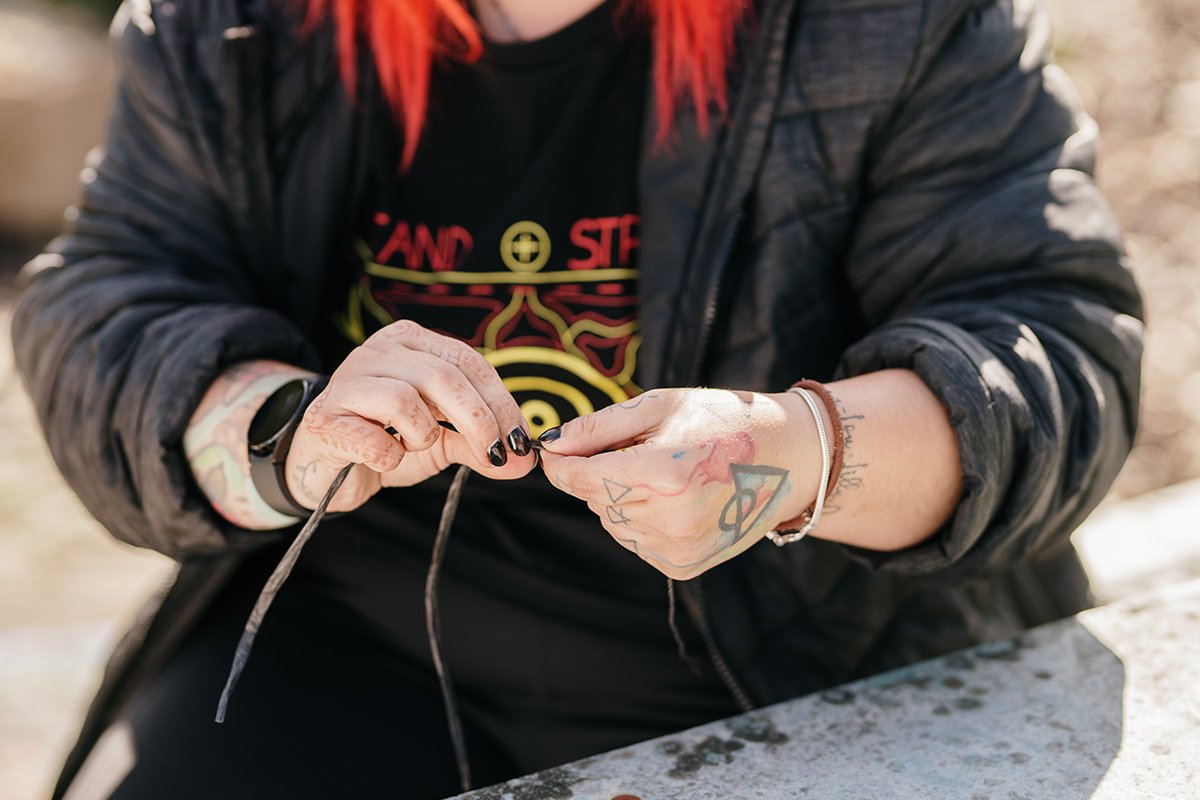
"If the kids get into trouble, I explain why, and we hug it out. That’s the rule. You don’t leave hostility hanging. Once, I was trying to put things in the fridge, and they kept falling out. I was getting mad and swearing, and Little Miss comes in and goes, ‘Naughty words, B.’ I was like, ‘You’re right. Maybe I need a time out.’ So, I did. She came in and went, ‘Hugs, B?’ and hugged it out with me. If I expect the kids to own up to their wrongdoing, I need to model that and do the same.
I’ve got osteogenesis imperfecta – brittle bones disease. It’s a genetic mutation that stops us producing collagen normally. I’ve broken basically every bone in my body and spent a lot of time in hospital. When I was young, there were just pens and paper, no technology. I started off doodling – abstract drawings of Country, circles, lines, gum leaves. [It became] proper, actual art with paint, which I sell on Facebook.
I started making dolls because of my goddaughter. When we go to ceremony, I put ochre and pelts on her. I made her a shell necklace, so she always has cultural strength. I wanted a doll that she could look at and go, ‘That’s me.’ For her third birthday, I grinded out ochre and made a little shell necklace and pelt for this doll. Now, childcare centres use the dolls to start introducing Culture. They are something to be treasured and admired because they’re a reflection of who we are.
I want to make sure little people have ‘I love yous,’ the dolls, shell stringing, weaving, going out on Country. The things I was told I couldn’t have because I didn’t exist. If I can give one person what my social worker gave me, how she made me feel, it’s worth it.
One thing I really want to express: never lose your love. Horrible things can happen in life, but you’ve got to figure out how to move past anger. Even if you love someone with every ounce of your being, if you don’t love yourself, you’ll pass on that pain, and they will feel unloved by you. I didn’t deserve what happened to me; I love myself enough to know that. Kids are sponges. I was. I need to be the person I needed, for them.
All this is why I named my art business Takamuna rrala – stand strong – Designs.
I found out I’m the only one of her grandchildren Nanny Gloria taught how to shell string, weave, and make kelp baskets. I think because I showed interest. That’s the thing with our elders: ‘If you’re not asking about it, I’m not just going to give it to you.’
When Nanny Gloria went birding, she always used to take a boat. I remember saying to someone, “Nan hates planes, so why did she go on four planes to get there and back for that documentary?” And they said, ‘It wasn’t about the documentary, Bianca. It was about you. She did it for you.’”
We worked with northern Tasmanian photographer Nick Hanson for this Tasmanian story.
Read about more Tasmanians
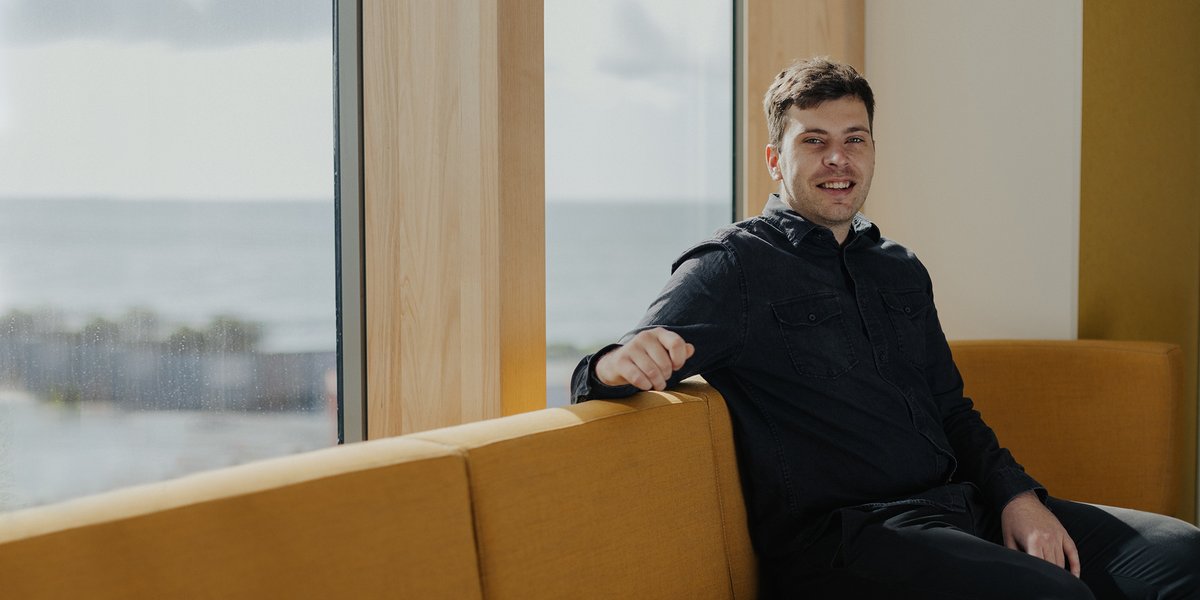
Caleb Nichols-Mansell
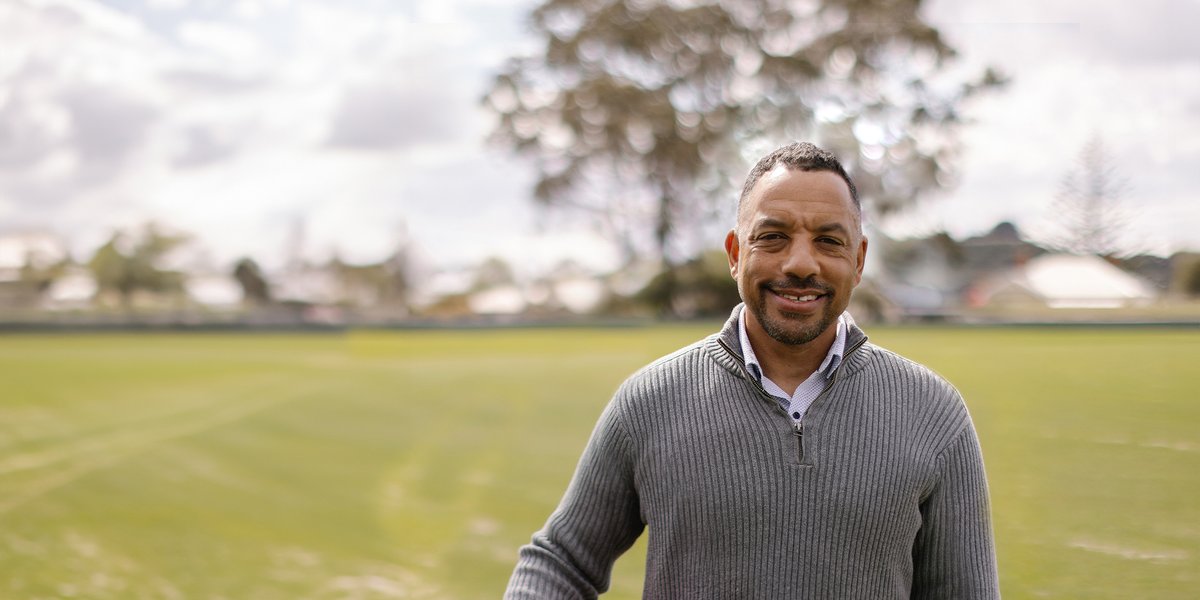
Kent Jackson
